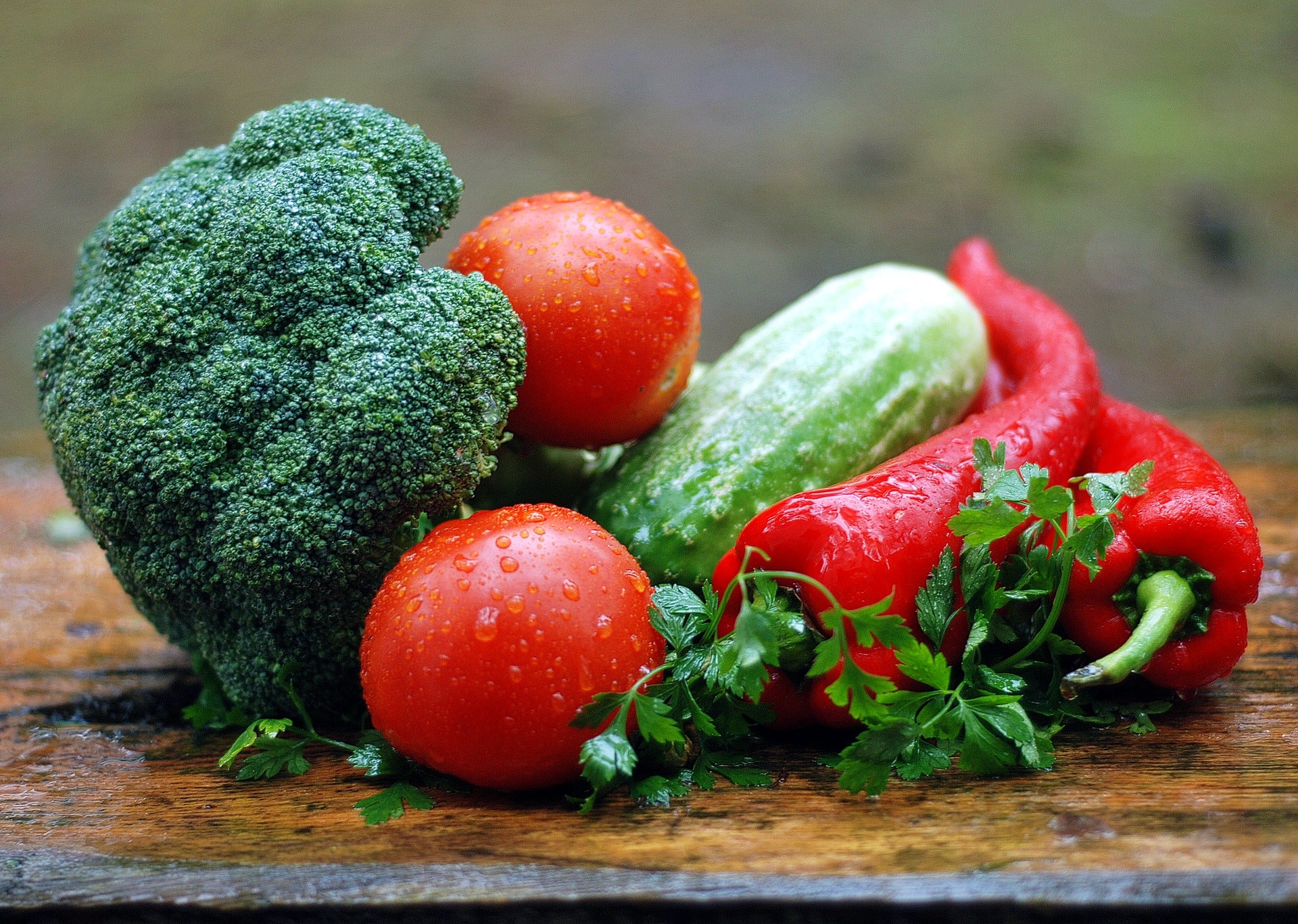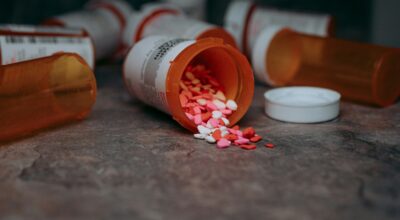Addiction prevention is important, but often overlooked
Published 7:51 pm Wednesday, September 4, 2019
By KATHY MILES
Guest columnist
Back-to-school time across the country brings with it an excitement about new beginnings. Parents in our community have bought their kids new school backpacks, and the first couple of weeks of school are now behind them. Kids have already been learning new information, developing new skills, and building new relationships. Families have begun busy routines around school schedules.
Before the new school year progresses much further, this is a good time for parents and other caregivers to think about how they can prevent substance use and mental health problems in their kids. In light of America’s current addiction crisis, prevention often gets overlooked. It’s too obvious that we must focus on treatment for people already in addiction, and on saving the lives of those currently using life threatening drugs.
But that’s not enough. The facts of this crisis also compel us to use the best information we have to make the next generation healthier. And, although parents may be tempted to leave prevention and education to the schools, research is clear that’s not effective.
So, what might be in parents’ “backpacks” for the new school year, to help prevent problems in their kids? What follows is a short list of basics that need to be in every parent’s “bag” to lay a solid foundation for their kids:
• Keep communication lines open with your kids. Listen, talk, observe, and make uninterrupted and focused time for them. Give them some of the best of you, not just the leftovers after everything else is done.
Find a good time to really listen to how their school year — and their life in general — is going. Some families actually put a “check-in” time on their weekly schedule in their family life. However you work it out, regular and consistent “How is it going?” times make a world of difference.
• Know where your kids get information about tobacco, alcohol and drugs. Be ready to combat inaccurate, misleading and dangerous information they might be accessing. Obviously, in our current technology-driven world, that means knowing what they are doing online.
Our latest epidemic in youth substance use is the use of e-cigarettes. And a new substance that is showing up in Kentucky is Kratom, a psychoactive plant-based substance that many parents have never heard of. Parents have to be able to have informed discussions with their kids, and counter untruths they may have read online or heard from peers. A great source for parents is www.drugfree.org.
• Understand where kids get substances, and know where they spend their time. Youth almost always begin substance use at home, or very close to home. In local, state, and national surveys, young people report beginning substance use from their parents’ or grandparents’ medicine cabinets, from a friend sharing from theirs, or from older siblings.
This requires not only getting rid of unused medications and making alcohol in the home inaccessible to kids, but also knowing what’s going on in friends’ homes where they visit. In reflecting on their own early uses of substances, local folks in addiction often say parents should be more vigilant and questioning than their own parents were.
• Know the signs of mental health and substance use problems in kids. We know that the two so very often coexist in young people. Recent Kentucky Incentives for Prevention (KIP) data on our local 6th- through 12th-graders indicate we definitely have kids who struggle with anxiety, depression and suicidal thoughts. We also have kids who report being bullied — both online and at school. Substance use can be a way for kids to self-medicate their way out of the bad feelings.
• Know where you might seek help if you see those signs in your child. And seek help sooner rather than later. Seeking outside help for your child and you is a sign of strong parenting, not a sign of weakness. Parents take their kids to the doctor for signs of acute physical illness; taking seriously emotional and behavioral signs of distress is just as important.
• Set an example for your child — in terms of stress management, substance use and self-care. We have all heard that the message of “Do what I say” is not as powerful as “Do what I do.” At the appropriate times, talking to your kids about your own choices, your own mistakes, and what you have learned about taking care of yourself is just as important as teaching them to be cautious of strangers who might be drug dealers.
Let there be no mistake — parents continue to be most important for the future of their children. Your love and guidance are the foundation for the rest of their lives. Here’s wishing all kids and parents a successful, safe, and healthy school year.
Kathy L. Miles is coordinator for the Boyle County Agency for Substance Abuse Policy, Inc.






